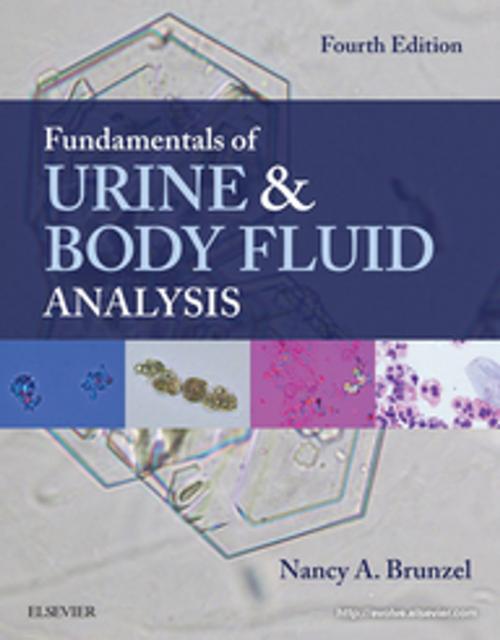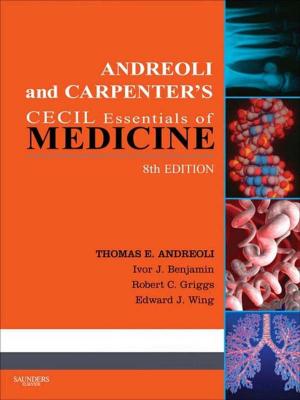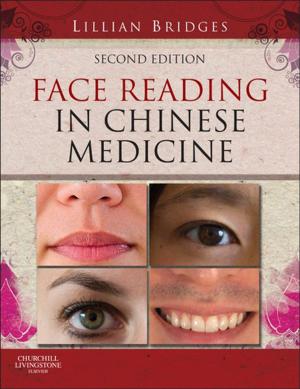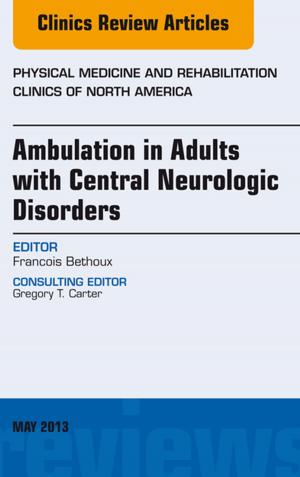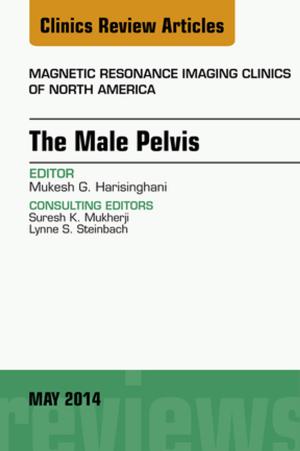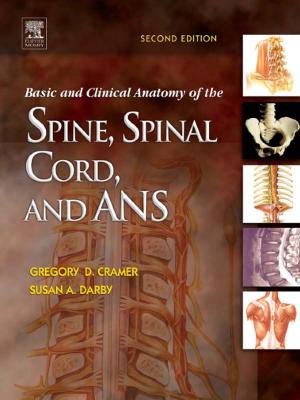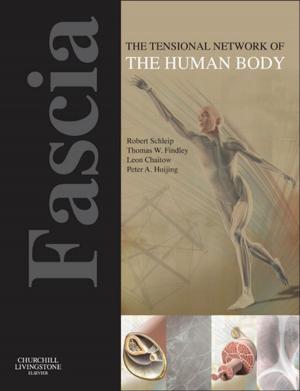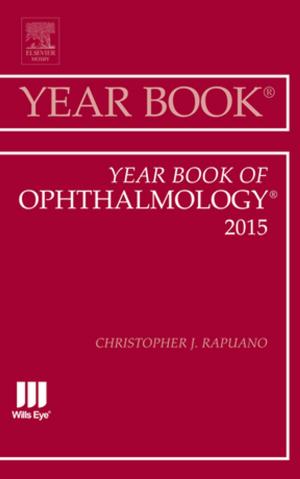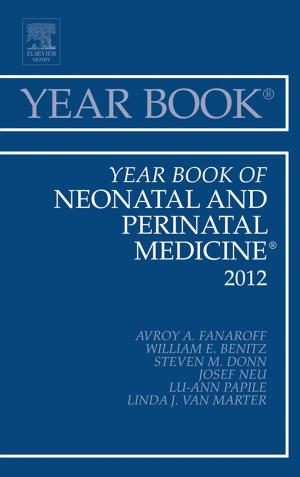Fundamentals of Urine and Body Fluid Analysis - E-Book
Nonfiction, Health & Well Being, Medical, Allied Health Services, Medical Technology| Author: | Nancy A. Brunzel, MS, CLS(NCA) | ISBN: | 9780323396363 |
| Publisher: | Elsevier Health Sciences | Publication: | November 5, 2016 |
| Imprint: | Saunders | Language: | English |
| Author: | Nancy A. Brunzel, MS, CLS(NCA) |
| ISBN: | 9780323396363 |
| Publisher: | Elsevier Health Sciences |
| Publication: | November 5, 2016 |
| Imprint: | Saunders |
| Language: | English |
Learn to accurately analyze urine and body fluids with Fundamentals of Urine & Body Fluid Analysis, 4th Edition. Known for its clear writing style, logical organization, and vivid full-color illustrations, this renowned textcovers the fundamental principles of urine and body fluids that are frequently encountered in the clinical laboratory.This includes the collection and analysis of urine, fecal specimens, vaginal secretions, and other body fluids such as cerebrospinal, synovial, seminal, amniotic, pleural, pericardial, and peritoneal fluids. In addition, author Nancy Brunzel also shares her own extensive knowledge and expertise in the field as she highlights key information and walks you through essential techniques and procedures — showing you how to correlate data with your knowledge of basic anatomy and physiology in order to understand pathologic processes. In all, this is the perfect book to help you master all aspects of urine and body fluid analysis.
-
UNIQUE! Analysis of Vaginal Secretions chapter covers vaginal wet preps — a fluid collected and evaluated frequently in physician offices.
-
UNIQUE! Image gallery on urine sediment houses 100 urine sediment micrographs to help you accurately identify urine sediment elements.
-
UNIQUE! Chapter on microscopy provides valuable information as you complete clinical work with microscopes.
-
Full color, high quality images aid in accurately identifying urine and body fluids at a microscopic level.
-
Glossary at the end of the book provides accurate definitions at your fingertips.
-
Excellent pedagogy includes key terms, learning objectives, case studies, and study questions to help provide a framework and learning pathway.
-
NEW! Fully updated content provides the latest information and procedures in fluid analysis.
-
NEW! Updated illustrations and micrographs paint a vivid picture of text concepts to ensure you can properly identify fluid elements.
Learn to accurately analyze urine and body fluids with Fundamentals of Urine & Body Fluid Analysis, 4th Edition. Known for its clear writing style, logical organization, and vivid full-color illustrations, this renowned textcovers the fundamental principles of urine and body fluids that are frequently encountered in the clinical laboratory.This includes the collection and analysis of urine, fecal specimens, vaginal secretions, and other body fluids such as cerebrospinal, synovial, seminal, amniotic, pleural, pericardial, and peritoneal fluids. In addition, author Nancy Brunzel also shares her own extensive knowledge and expertise in the field as she highlights key information and walks you through essential techniques and procedures — showing you how to correlate data with your knowledge of basic anatomy and physiology in order to understand pathologic processes. In all, this is the perfect book to help you master all aspects of urine and body fluid analysis.
-
UNIQUE! Analysis of Vaginal Secretions chapter covers vaginal wet preps — a fluid collected and evaluated frequently in physician offices.
-
UNIQUE! Image gallery on urine sediment houses 100 urine sediment micrographs to help you accurately identify urine sediment elements.
-
UNIQUE! Chapter on microscopy provides valuable information as you complete clinical work with microscopes.
-
Full color, high quality images aid in accurately identifying urine and body fluids at a microscopic level.
-
Glossary at the end of the book provides accurate definitions at your fingertips.
-
Excellent pedagogy includes key terms, learning objectives, case studies, and study questions to help provide a framework and learning pathway.
-
NEW! Fully updated content provides the latest information and procedures in fluid analysis.
-
NEW! Updated illustrations and micrographs paint a vivid picture of text concepts to ensure you can properly identify fluid elements.
